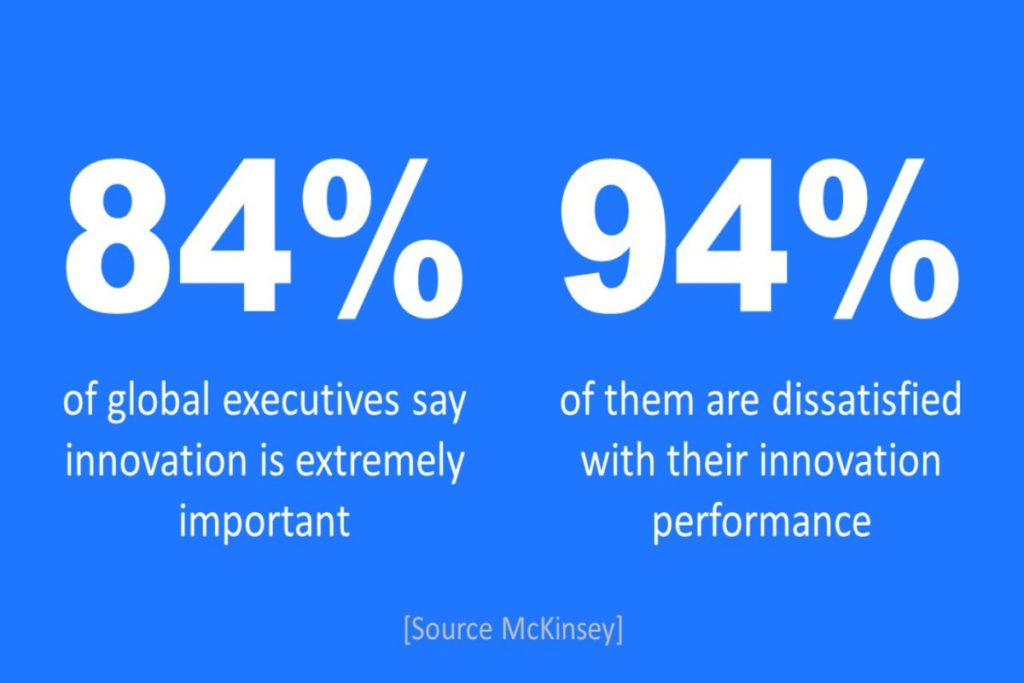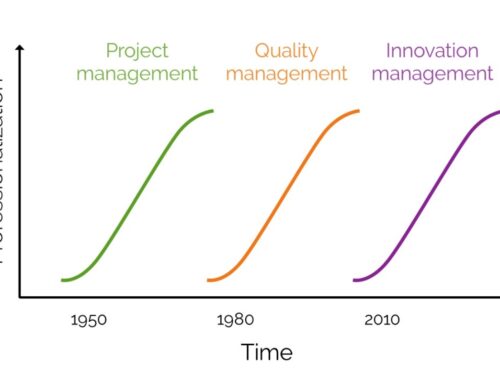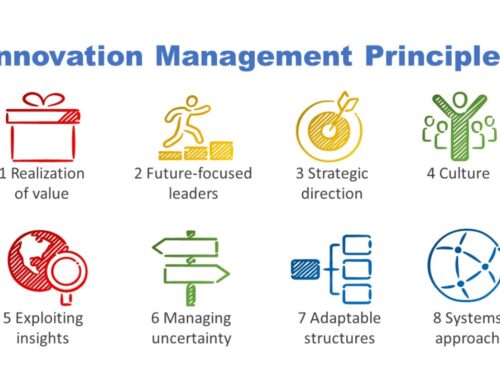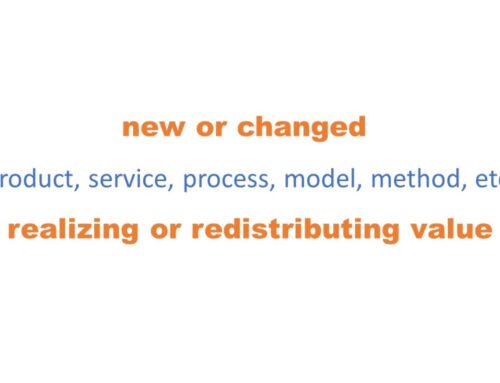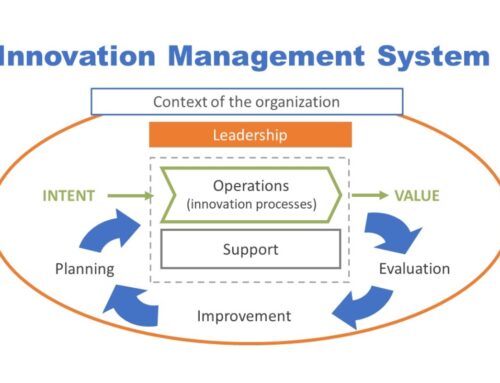Why a systems approach to innovation management?

Companies and organization are increasingly under pressure to innovate to remain relevant for the future. A much-needed guiding framework for Innovation Management System can help address challenges.
Increasing need for innovation
Innovation is important for most companies and organizations. They must continuously renew their products and services, find new ways to work smarter, and satisfy evolving needs of clients and users. New technologies, environmental considerations, government regulations and global competition are some forces that are driving the need to innovate everywhere.
Organizations are struggling
At the same time, companies and organizations are struggling to innovate and many are dissatisfied with their innovation performance. Some have tried increasing the research and development budget, running creativity workshops, or implementing digital idea management tools. All without achieving the desired results.
We know from research and practice that managing innovation activities can be very challenging in established companies and organizations. This is especially true when it comes to radical or disruptive innovations that are challenging the current ways of working, business models or organizational culture. Transformation and change is often an uphill battle.
Systems approach necessary
We also know that innovation activities can be managed to a large extent by creating the right conditions, removing barriers, and engaging people in the organization. The ability for an organization to innovate is dependent on several interconnected factors such as leadership, resources, culture, structures, processes and so on. This is why a systems approach is necessary for managing innovation activities.
An innovation management system provides a systemic and systematic approach for any organization to address their innovation challenges.
Read more about the systems approach to innovation management. And how the approach can be used to drive public sector innovation (OECD OPSI blog post).
Updated 2020-07-01

